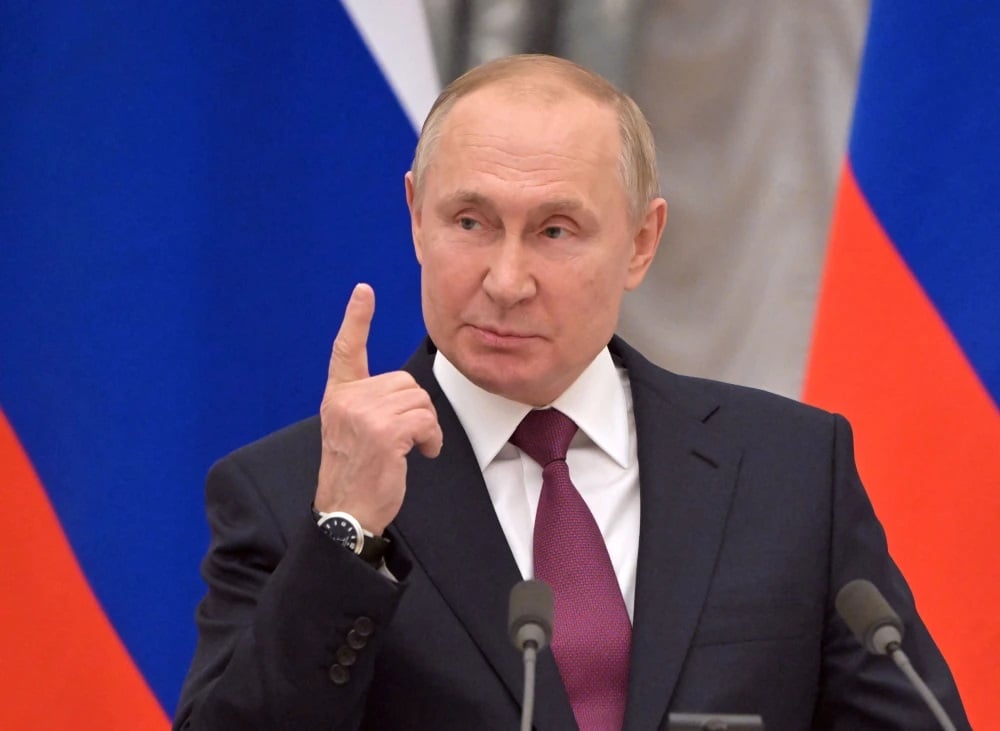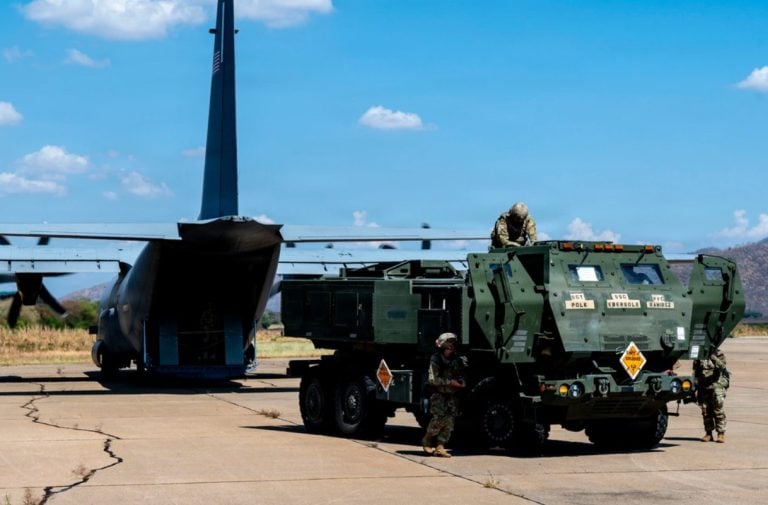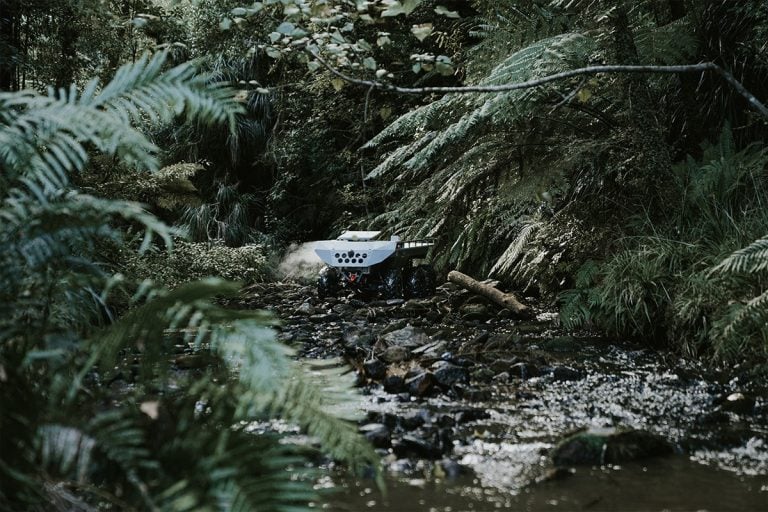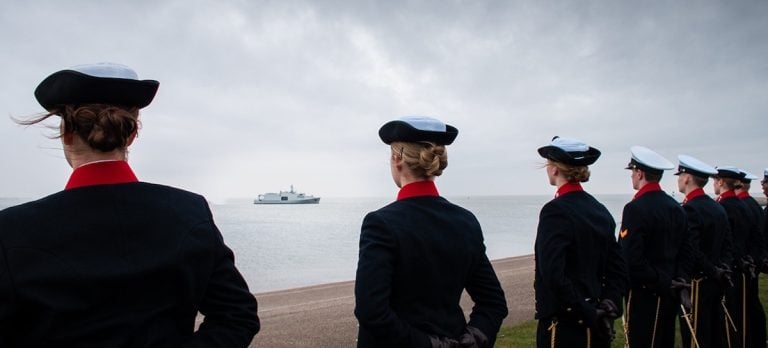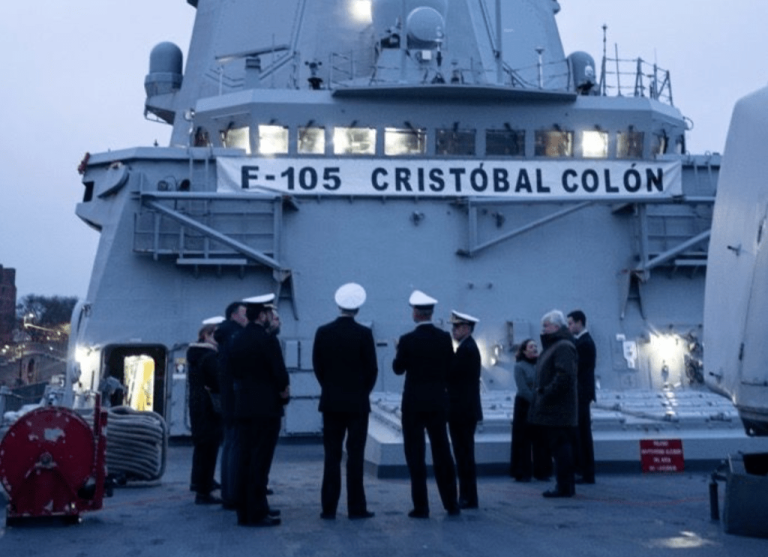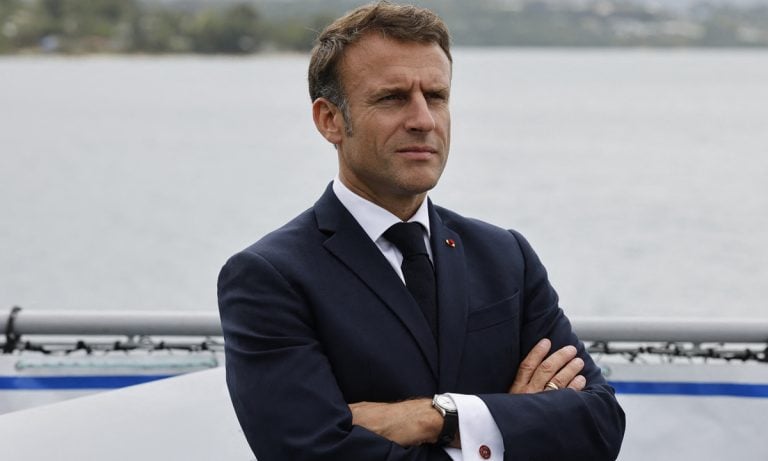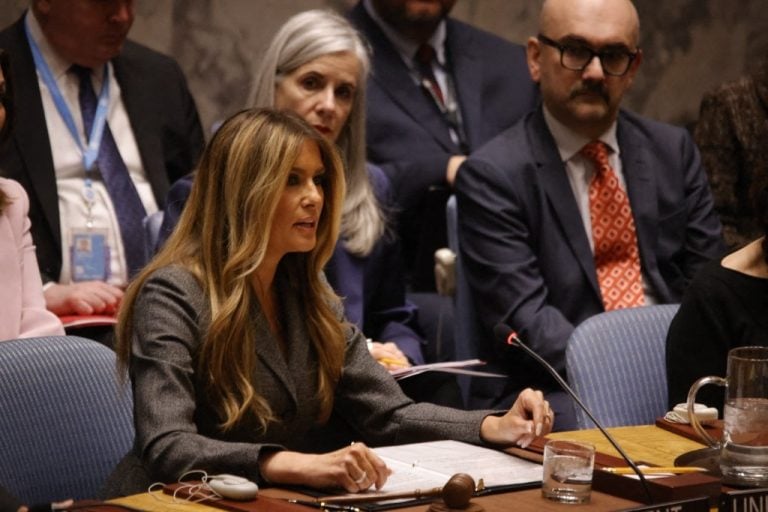Russian President Vladimir Putin has proposed direct negotiations with Ukraine to address the ongoing conflict, scheduling the talks for May 15 in Istanbul. This announcement comes just hours after European leaders, including French President Emmanuel Macron and Ukrainian President Volodymyr Zelensky, called for an unconditional 30-day ceasefire to begin immediately.
During a speech from the Kremlin, Putin urged Ukraine to resume negotiations that were halted in 2022, emphasizing that he was open to discussions without any preconditions. He expressed a commitment to serious negotiations aimed at addressing the “root causes” of the conflict, often linked to grievances Moscow has with Kyiv and its Western allies, which the Kremlin has cited as justification for its military actions since February 2022.
Putin hinted at the possibility of reaching a new ceasefire agreement during the proposed talks, but also accused Ukraine’s Western supporters of wishing to prolong the conflict. He criticized the prevailing “anti-Russian rhetoric” and warned against European ultimatums. Meanwhile, U.S. President Donald Trump expressed a cautious optimism on social media, noting the potential for significant developments in the negotiations.
Contrastingly, Macron cast doubt on Putin’s intentions, suggesting that the Russian leader’s proposal may be an attempt to “buy time.” He clarified that true ceasefire efforts should not be contingent upon negotiations. Macron, alongside other European leaders, had previously met in Kyiv, where they unanimously advocated for the unconditional ceasefire, threatening new sanctions against Russia should it refuse.
This collective call for a ceasefire received support from the U.S. and other nations. Macron assured that if the ceasefire is violated, a robust coordinated response would be prepared among the U.S. and its European partners.
The recent discussions mark a notable show of solidarity among the leaders supporting Ukraine, with Uk’s Prime Minister Keir Starmer describing the unity shared across nations. Ukrainian officials also highlighted the collaboration with Trump, indicating a renewed commitment from the U.S. to engage in peace talks.
Furthermore, European Commission President Ursula von der Leyen echoed the importance of the truce, emphasizing it should be implemented without conditions to facilitate meaningful negotiations toward peace. The demonstration of collective resolve came just one day after Putin’s speech at a Moscow parade commemorating the defeat of Nazi Germany, where he had called for a unilateral three-day truce, although ground reports indicated continued fighting in eastern Ukraine during that period.
The upcoming negotiations represent a critical juncture in the protracted conflict, as both sides seek a resolution while managing domestic and international pressures.
